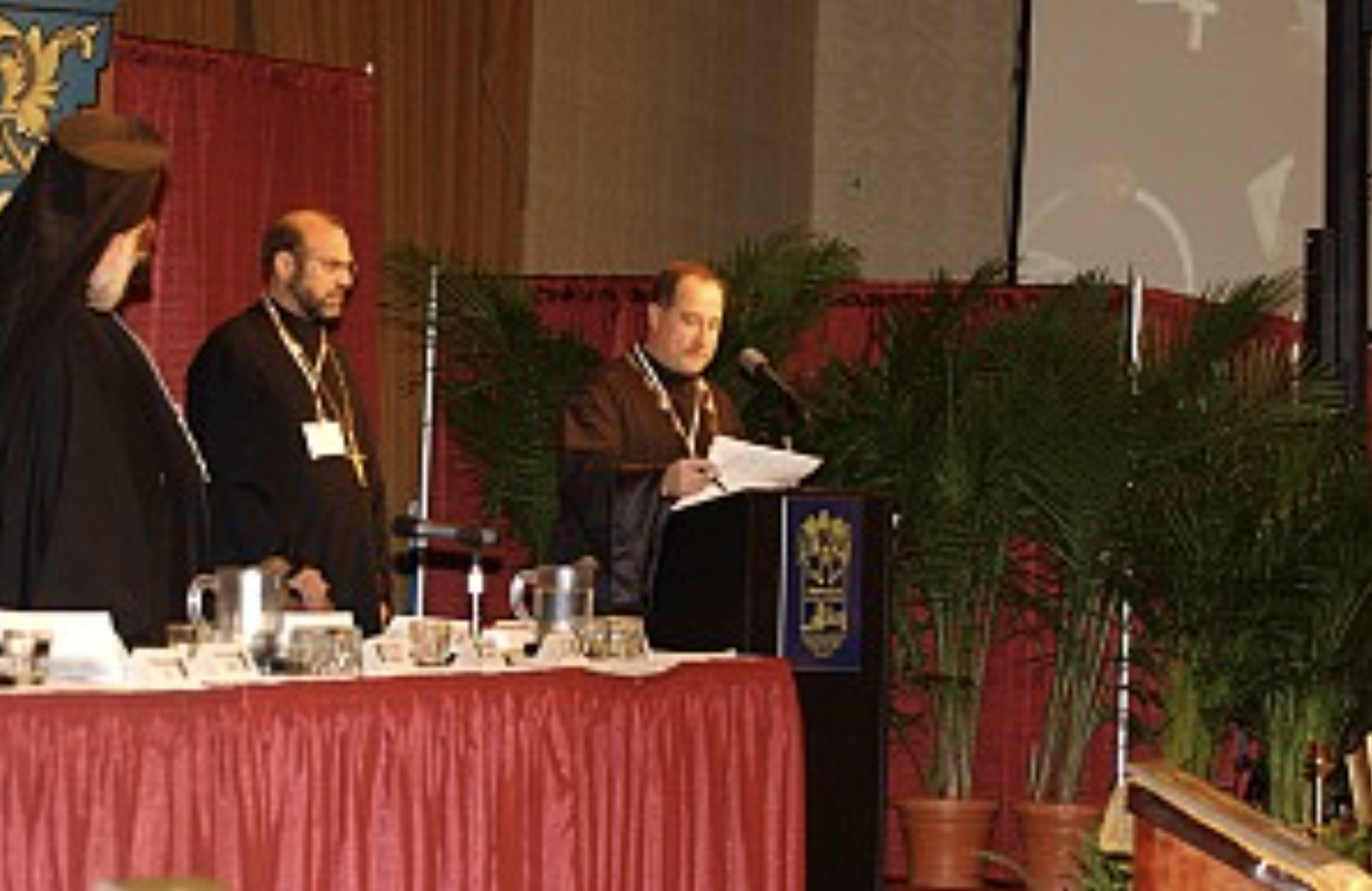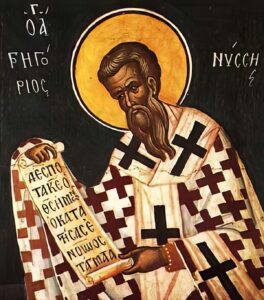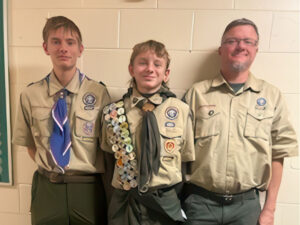Each year, on the Sunday between July 13 and 19, we commemorate the Fathers of the First Six Ecumenical Councils. The fact that the Seventh Council does not factor in this feast testifies to its antiquity.
There is a longstanding tradition of Christian-based meetings since New Testament times. In the Book of Acts, chapter 2, the apostles gathered to elect someone to replace Judas, who hanged himself. In chapter 15, they convened in Jerusalem to discuss whether Gentile converts to Christianity needed to adhere to Mosaic Law.
Historically, the Ecumenical Councils are obviously the most well-known, documented assemblies. They offered a platform for dialogue to define theological doctrine, refute heresies, discuss critical issues, resolve disputes, address moral conflicts, as well as formulating ecclesiastical governance and establishing liturgical structure, standards, traditions, and norms. They also helped to foster unity, bolster spirituality, and preserve the essence of Orthodoxy via the Grace and Guidance of the Holy Spirit.
Gatherings such as these set the tone of catholicity and conciliarity in the life of every Christian community, beginning with the Church at large, and trickling down to the national, diocesan, and local levels, which is why we have monthly Parish Council meetings and Annual Parish meetings to promote the Kingdom of God, maintain our properties, manage our affairs and finances as good stewards of what has been entrusted to our care.
Thus, it seems almost fitting that later today Darlene Dimitrijevs and I will be traveling to Phoenix, Arizona to represent our parish at the All-American Council. Within this week-long event, our Diocese will hold its Annual Assembly, and the FOCA their Convention, so that almost every hour of every day is filled with meetings of one kind or another. Pray for us!






